Report: Professional Identity in Nursing and Therapeutic Relationships
VerifiedAdded on 2022/10/11
|5
|783
|11
Report
AI Summary
This report, focusing on professional identity in nursing, explores the significance of therapeutic and professional relationships as a cornerstone of effective patient care. The student reflects on the importance of adhering to professional standards, demonstrating empathy, and establishing trust while maintaining appropriate boundaries. The report details the student's intent to apply communication skills, such as open-ended questions and active listening, during clinical placement to build therapeutic relationships and gather comprehensive patient information. It also emphasizes the need for respect, creating a positive environment, and making informed decisions. The report highlights the student's commitment to integrating these principles into their nursing practice to enhance patient outcomes and strengthen professional relationships.
1 out of 5
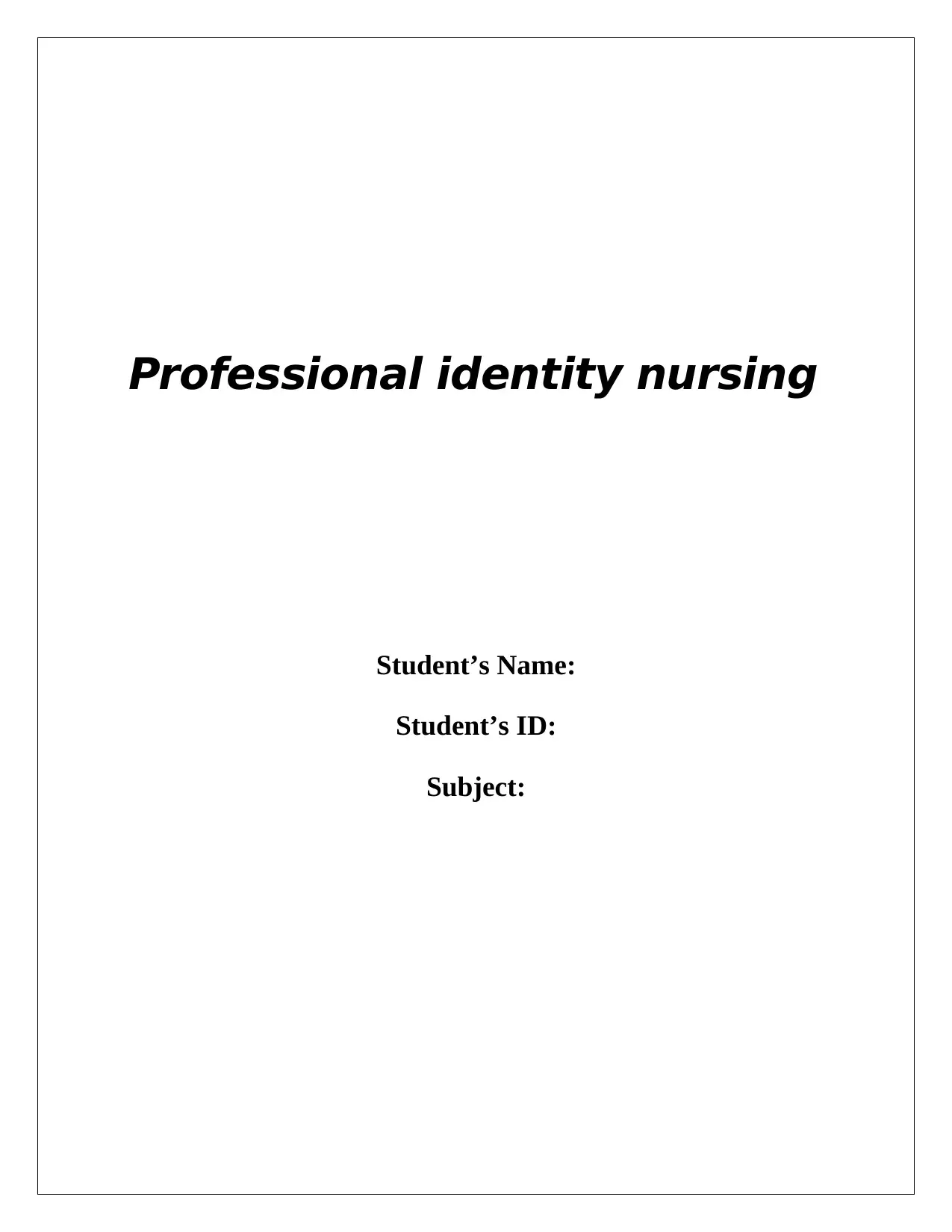
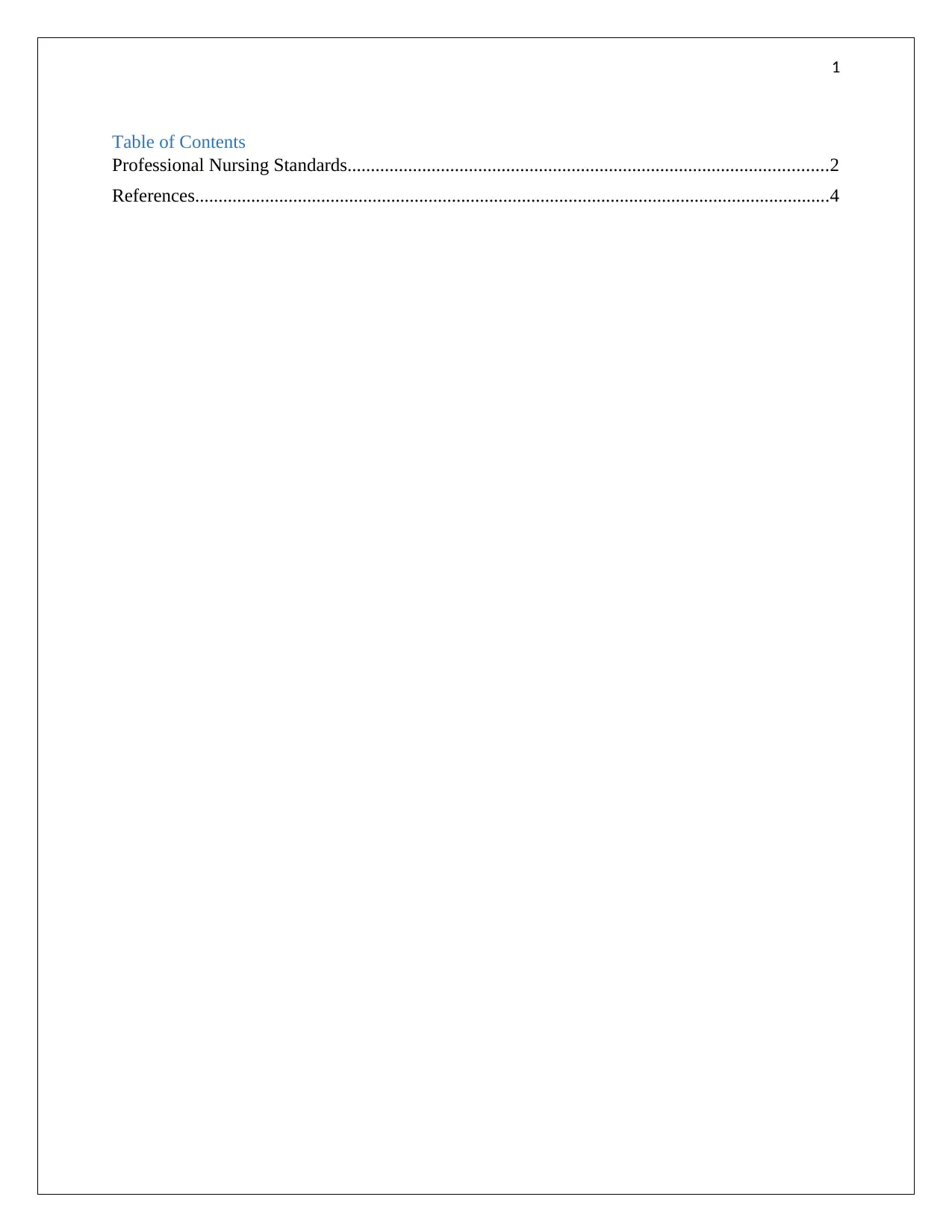
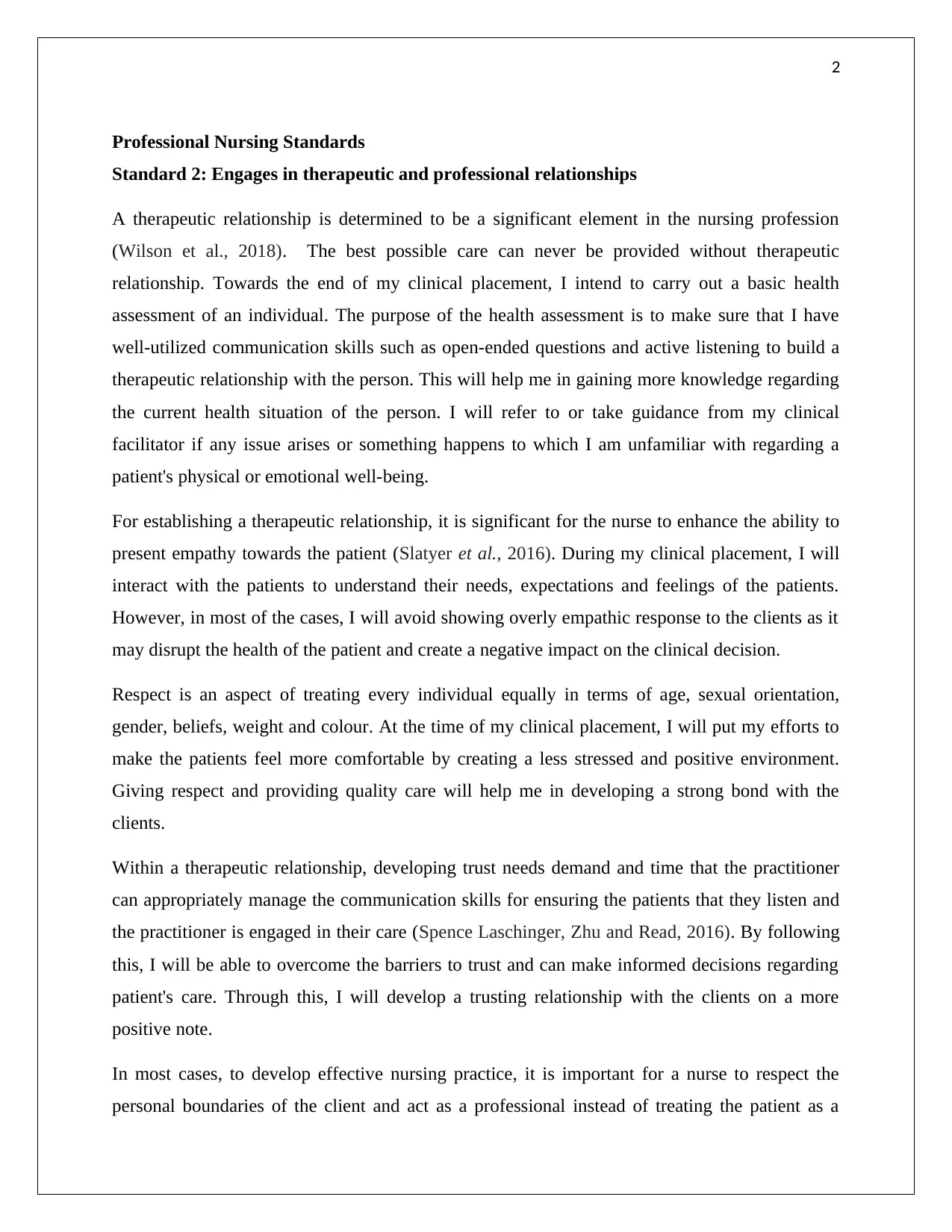

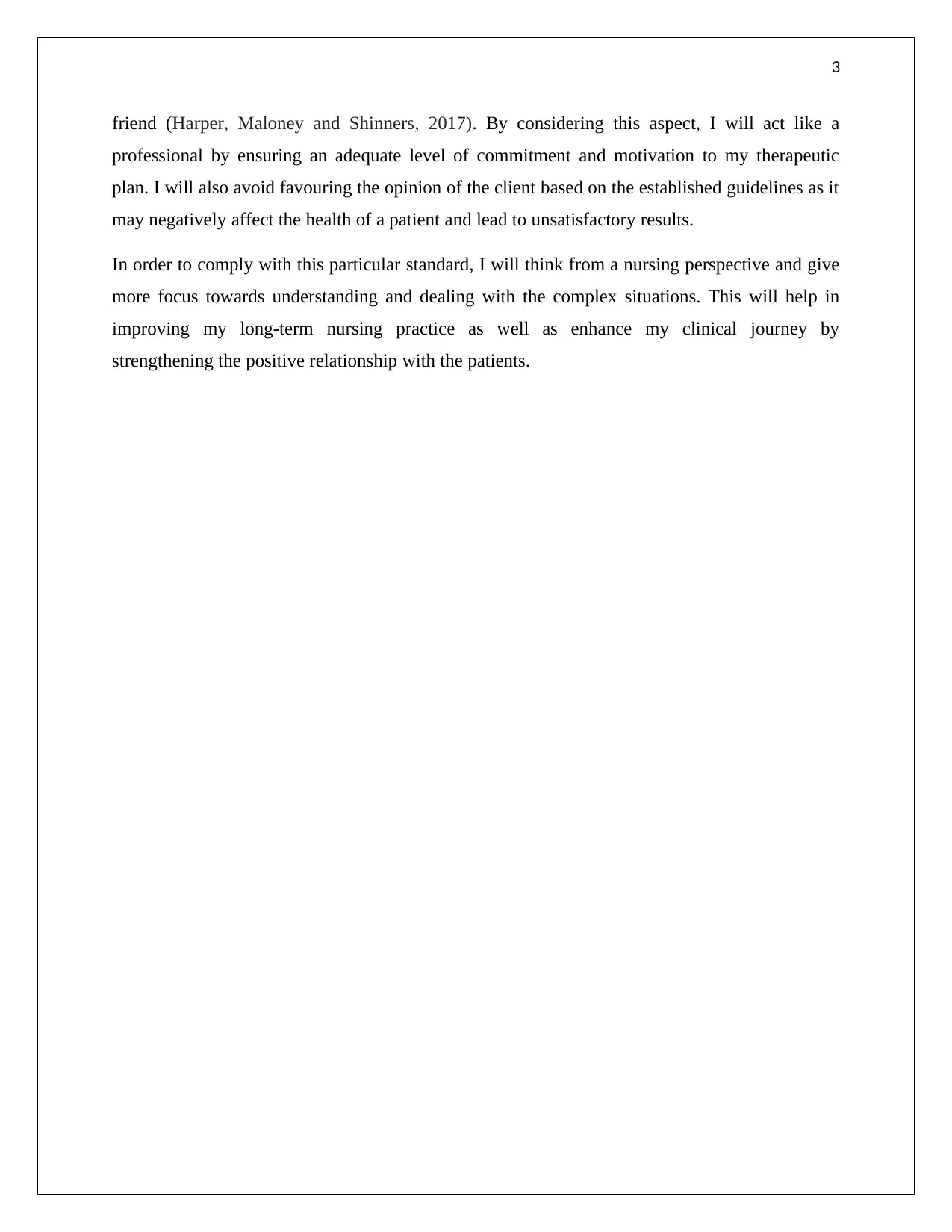
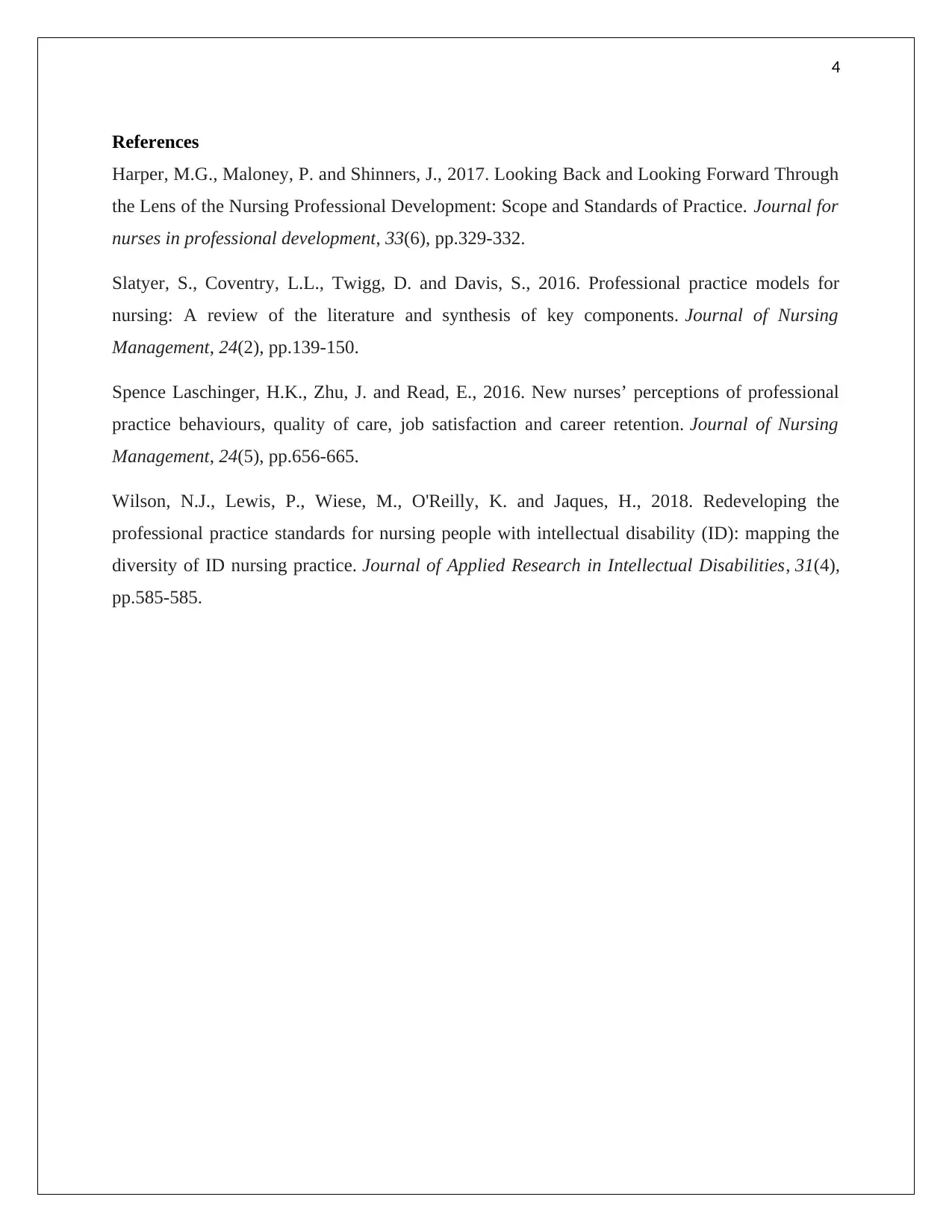






![[object Object]](/_next/static/media/star-bottom.7253800d.svg)